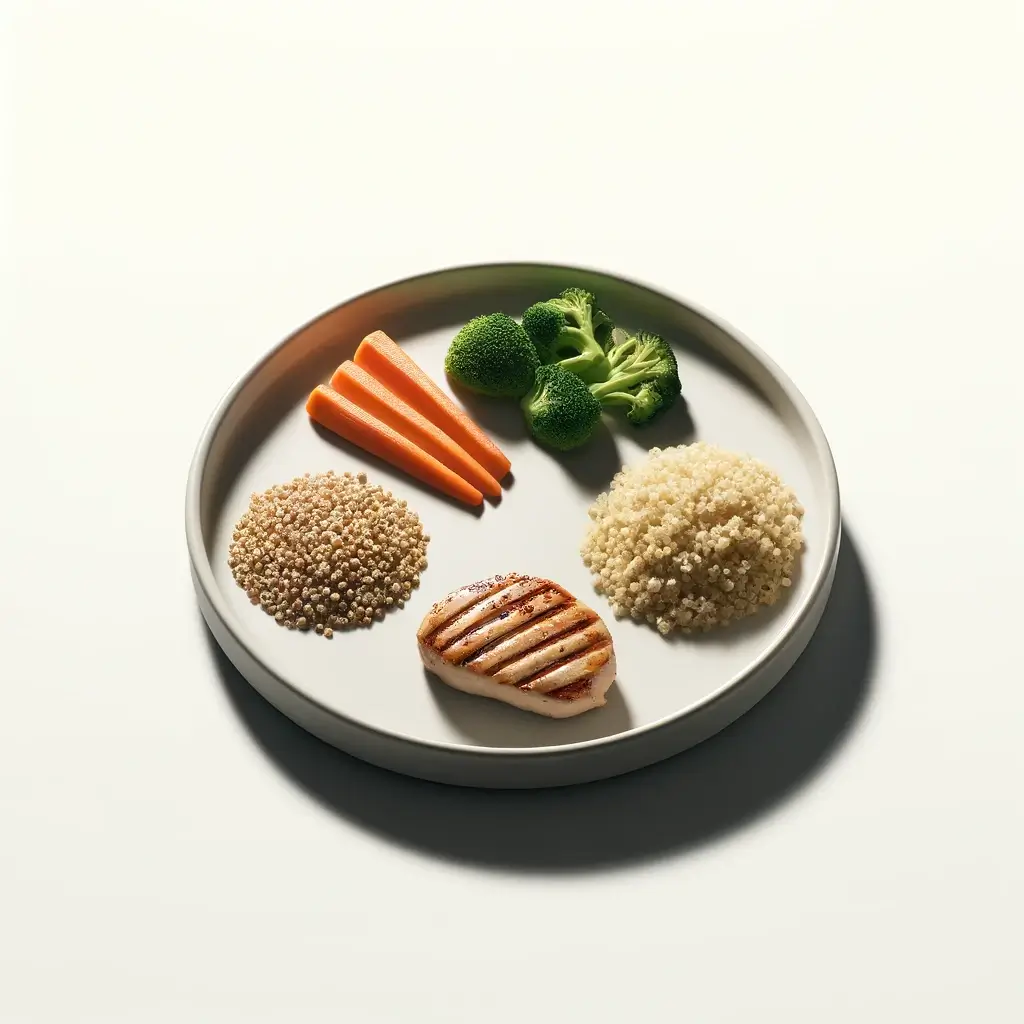Scott Keatley RD CDN

What Are Empty Calories? (And Why Does It Matter?)
Scott Keatley, RD, contributes significantly to the understanding of empty calories in the article by discussing their impact on weight management and overall health. He explains how consuming foods high in empty calories—those that provide energy but little nutritional benefit—can lead to weight gain. This is because they contribute to total calorie intake without satisfying hunger, leading the body to store excess calories as fat.
Keatley emphasizes that while these foods may be enjoyable, they often result in short-term fullness, potentially causing overeating. To address this, he suggests integrating empty-calorie foods with nutrient-dense options to enhance satisfaction and prolong fullness, like pairing potato chips with a black bean dip or lean protein.
Furthermore, he advises on strategies to reduce the intake of empty calories, such as focusing on whole, unprocessed foods, reading nutrition labels to be aware of added sugars and fats, controlling portion sizes, planning meals and snacks, and making smart substitutions. Keatley’s contributions underscore the importance of not just limiting empty calories but also making balanced dietary choices to support long-term health and weight management goals.